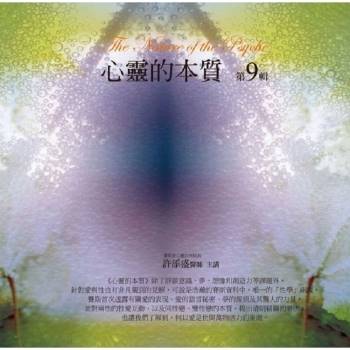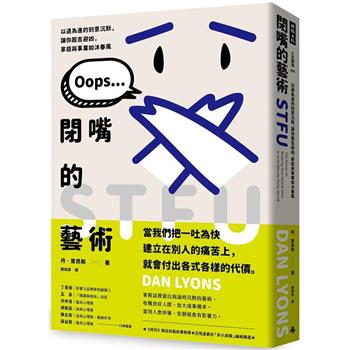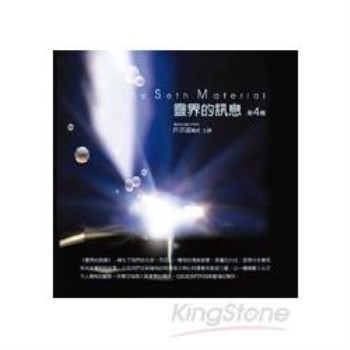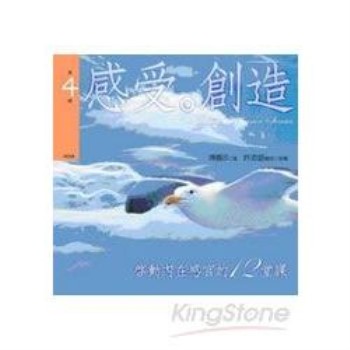Jafaripour attended many poetry analysis meetings in Tehran, Ramhormoz, Bushehr, and several other towns/cities in Iran. Most of the times, he did not like the way poetry was treated in those meetings. He shared videos of such meetings. Jafaripour narrows down his issue to literature, then to poetry, then to poetry criticism, and then to a specific part of criticism attempts, which is meaningfulness. In poetry analysis sessions, people ask undue questions from a poet, in his/her face. People ask for very specific meaning of each couplet of a new poem, and make the poet desperate & exhausted. Jafaripour sees this status as an offensive thing for poetry’s world in general. He argues "Why do you expect a meaning from something that was not originated for meaningfulness?". He gives examples of non-poetic phrases with single meaning and says "If you need exact meaning so badly, get out of poetry discussions & read chemistry or math for example". In his book, he gives lots of other areas to poetry audiences, and asks them to stop focusing on meaningfulness, and instead, to look for negative or positive points in those vast areas. The matter he is pointing to, is a big issue among ordinary readers of poetry and philosophers and even goes back in history to Plato. This book may be not enough for clarifying or helping non-professional audiences of literature & poetry, to become better critical reviewers. It may help to give a good list o Dos & DONTs to anyone interested in poetry analysis.
| FindBook |
|
有 1 項符合
Jafaripour的圖書 |
 |
$ 604 | If a poem has a meaning, shame on the poet
作者:Jafaripour / 譯者:Jafaripour,Emad 出版社:Supreme Art, USA 出版日期:2023-06-01 語言:英文 規格:平裝 / 164頁 / 27.94 x 21.59 x 0.89 cm / 普通級/ 初版  看圖書介紹 看圖書介紹
|
|
|
圖書介紹 - 資料來源:博客來 評分:
圖書名稱:If a poem has a meaning, shame on the poet
內容簡介
|











